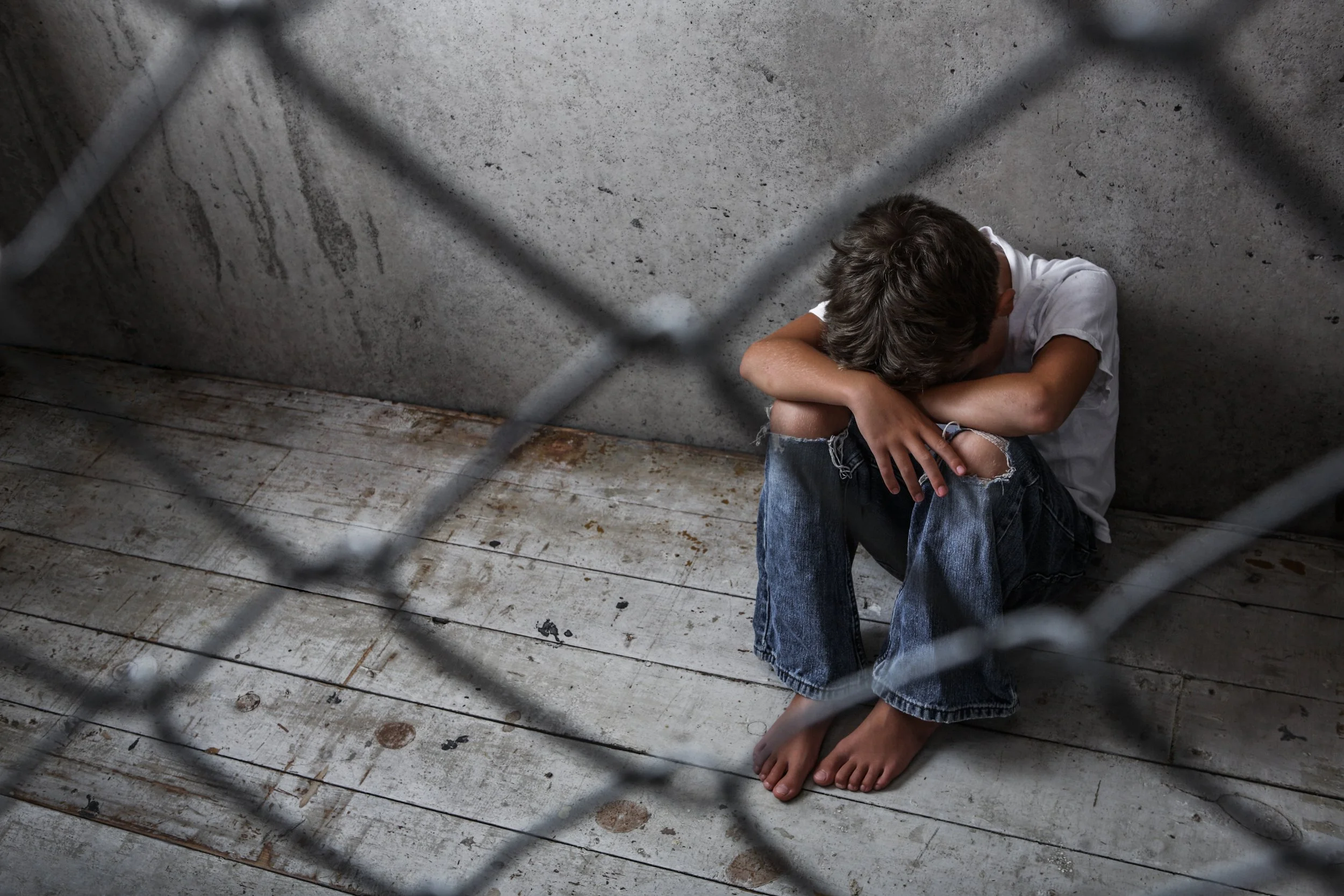Research that makes a difference
Within Australia, much of our work is funded by the National Health and Medical Research Council (NHMRC), and involves analysis of linked, cross-sectoral data. Given the remarkable over-representation of First Nations peoples in the criminal justice system, this work is heavily influenced and informed by principles of data sovereignty. We also seek to drive improvements in data linkage infrastructure and capacity, including through delivery of a short course on cross-sectoral data linkage, which has been delivered to students across Australia and internationally.
Internationally, much of our work focusses on policy and standards, and on supporting efforts to collect, collate, and routinely report on the health of justice-involved people. We have been funded by the ICRC to develop and deliver a short course on prison health information systems, which are a prerequisite for routine reporting on the health of people in detention. We have supported the WHO in collating and reporting on prison health across the European region, and in efforts to expand this initiative globally, and to youth detention settings.
Research highlights
-

Health outcomes for justice-involved young people in Australia
The largest ever cohort study of health outcomes for young people exposed to the youth justice system.
-

Health after release from prison in Australia
The world’s largest prospective cohort study of health outcomes after release from prison.
-

Mortality after release from incarceration
Using data on mortality outcomes for 1.5 million people released fom prisons in 12 countries to inform prevention.
-

Mortality after contact with youth justice
Analysing linked justice and mortality data from almost 50,000 young people after contact with youth justice in Queensland, to inform prevention.
-

Preventing smoking relapse after release from prison
The SQuARe trial is a RCT of a brief intervention to prevent relapse to smoking after release from smoke-free prisons.
-

Dual diagnosis and reincarceration among Indigenous people
Exploring the links between co-occurring mental illness and substance dependence among Indigenous peoples, and reincarceration.
-

Health of children deprived of liberty
Globally, children deprived of liberty are distinguished by disadvantage and poor health. These health inequities are often compounded by inadequate healthcare in places of detention.
-

Supporting the mental wellbeing of justice-involved youth
Engaging with service providers to understand challenges and opportunities for supporting the mental wellbeing of justice-involved young people in the community.

